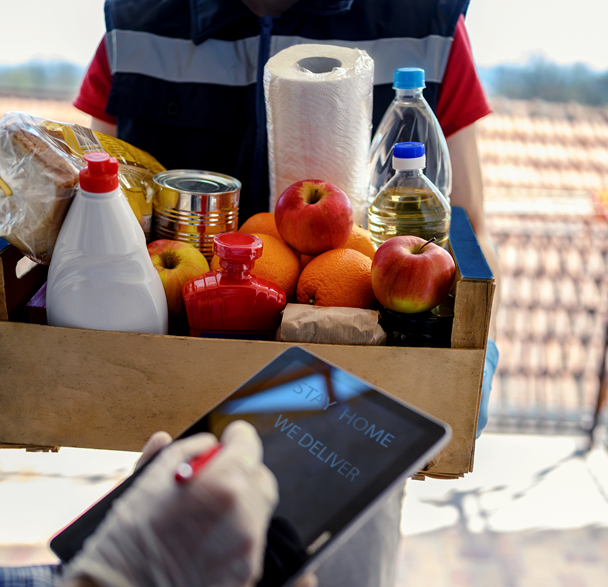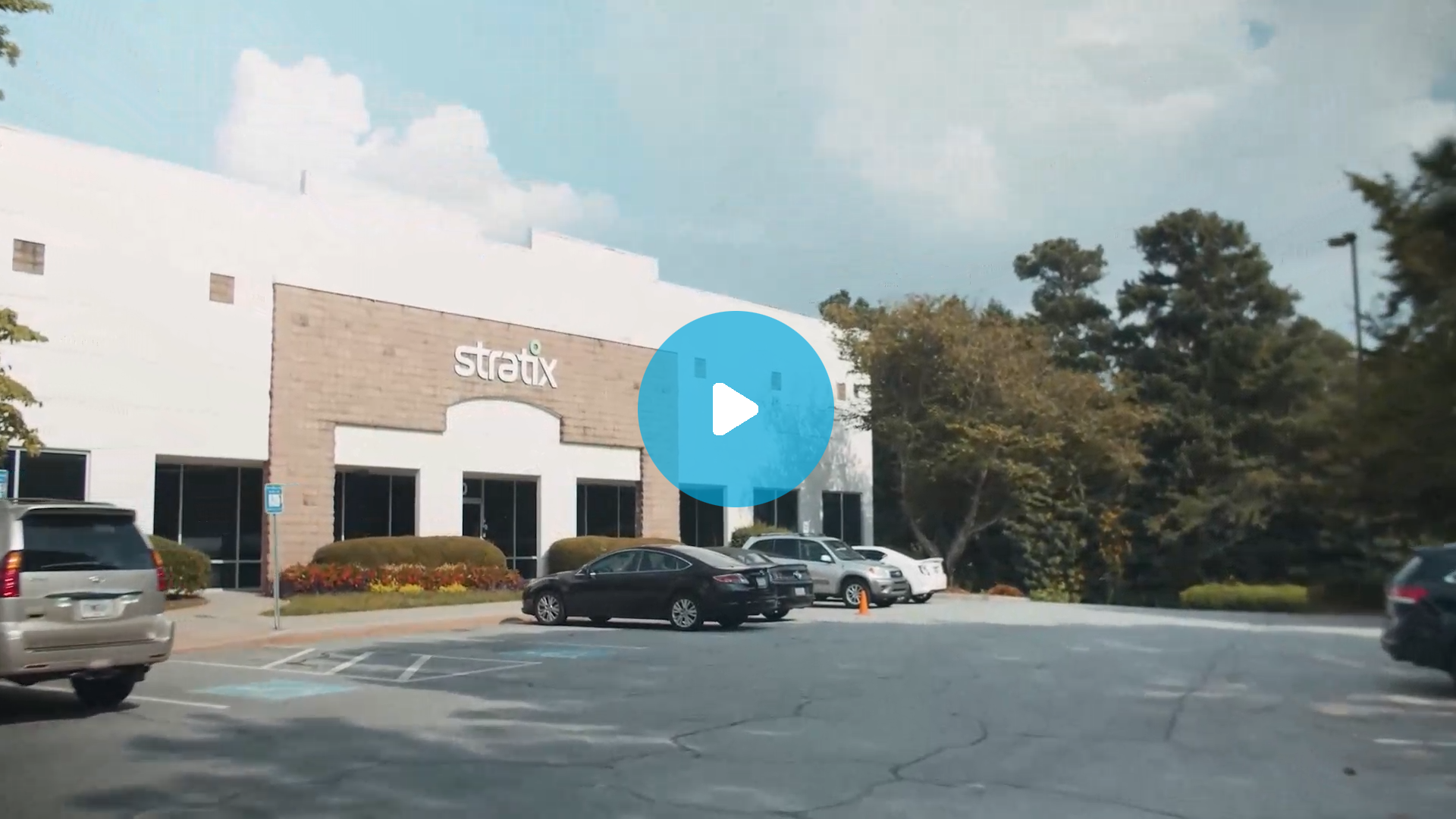Managing Coronavirus Impact: How Technology Helps Your Organization Scale in the Wave of Omnichannel-to-Single Channel Disruption
Written by Dipesh Hinduja
3 Min Read
Blog
The recent Coronavirus/COVID-19 pandemic is radically reshaping consumer behavior. According to First Insight, more than 40 percent of shoppers say fears have already impacted their buying decisions. More specifically, 29 percent said they were using Buy Online services to have products delivered to their homes, while 18 percent preferred curbside pickup. Further complicating the situation are the decisions of some local and state legislatures to order closures of “non-essential” business to in-store shoppers.
What this situation has also reshaped is the omnichannel experience. Even the most technology-savvy retailers and quick-serve restaurants have found it extremely challenging to make the shift to pick-up and online-only channels, in the wake of this pandemic. Most well-prepared chains have only a certain number of trained employees and use-ready devices in each physical location, and that finite bandwidth is being pushed to the max. Even the almighty Amazon is the midst of an unprecedented hiring spree in attempts to meet the sudden surge in demand.
That might seem antithetical – that Amazon is on a frenzied hiring spree amidst news of closures and layoffs from businesses large and small. Their response underscores a fundamental truth: demand is still there, and even the most agile and flexible companies are strained to meet the shift in purchase behavior. Of course, rapidly scaling retail operations is much easier said than done. Navigating sudden changes to the way your workforce operates taxes your personnel, technology and, most importantly, capital. Three critical mobile programs that can help are:
- Buy Online, Pick-up in Stores (BOPIS): As stores are gathering places of more than ten people, essential service stores like grocery, pharma and big box retailers are going to come under increased pressure to expand their throughput of customers and orders, maybe even closing their doors to foot traffic entirely. Leveraging mobile devices to scale BOPIS capability is paramount to handling much greater volume of orders curbside. Retailers will need the ability to obtain more mobile devices for current stores or stand-up capability in less densely populated stores that previously didn’t have the capability.
- Mobile Point of Sale (mPOS) programs: When restaurants and retail locations are closed to foot traffic for containment, then drive-thru or drive-up becomes the only available option, and standing up a device that can take orders and payment at the same time offers the ability to continue to transact business.
- Mobile Device as a Service (Mobile DaaS) program: No matter where your mobile needs are – in the store, supply chain, distribution, delivery, healthcare or ‘pop-up’ locations, Mobile DaaS programs enable you to bring on new devices for a single price per month that covers the device and the supporting services. No capital outlay and a program that can scale with your needs.
Let’s not forget, the downstream impacts that are a result of shoppers ‘stocking up’ everywhere for a long ‘at home’ stay. The supply chain is also strapped as more trucks and drivers hit the highways. Drivers will need to be equipped with mobile devices to manage and log their drives – even with the recent suspension of Hours of Service (HoS) regulations by the Federal Motor Carrier Safety Administration in support of Coronavirus relief. Distribution centers will be turning supplies faster, and the need to bring on temporary staff and equip them with devices is important.
Inside organizations, IT departments are consumed with maintaining applications and networks as well as supporting remote work environments. Most don’t have the capacity to scale up mobile programs and may very likely be taxed supporting the current environment. Outsourcing help-desk end-user support for mobile can free up IT resources to focus on more pressing issues.
All of these impacts require the ability to rapidly scale technology, and partnerships with established service providers with expertise in mobile and experience in retail, transportation, supply chain logistics and field services are key. Mobile Managed Service (MMS) providers, for instance, can answer the immediate need for holistic solutions to help you ensure business continuity in times of extreme disruption.
Another advantage of working with an MMS Provider is the flexibility of financial options to facilitate temp workers or flexible Opex financial models to help with unplanned budgeting.
Even if you’re in the midst of crisis mitigation efforts, you’ll need the right business continuity plan for the post-COVID-19 landscape. Consumer behavior will evolve as shoppers become accustomed to the convenience these mobile programs have come to offer. Even now, major players in the Grocery and Retail verticals, such as Costco, are already looking ahead by significantly bolstering last-mile delivery capabilities. Is your operational planning fully accounting for the post-COVID-19 retail environment?
The only way to futureproof your efforts is to execute mobile blueprints that are purpose-built to streamline your operations, enable operational flexibility and deliver true value for both your organization and your customers.
Stratix has been in the industry for over 35 years and is a trusted mobility advisor for some of the largest Fortune 1000 companies in North America. We have the largest network of partners to develop and implement innovative mobile solutions. Deep down, we are logistics experts and can handle all aspects of your mobile strategy. Our support services are available 24x7x365 and can easily scale up to the largest projects and down to the smallest detail. We have the experience to craft and implement a mobile strategy that can help you with business continuity and preparedness for normalization. Learn more about our retail mobile programs.

COVID-19 Mobile Resources
Together with our partners in mobile, we bring you resources including documents on device cleaning, working remote, loan & stimulus programs and more to navigate through COVID-19.
View the Resources












